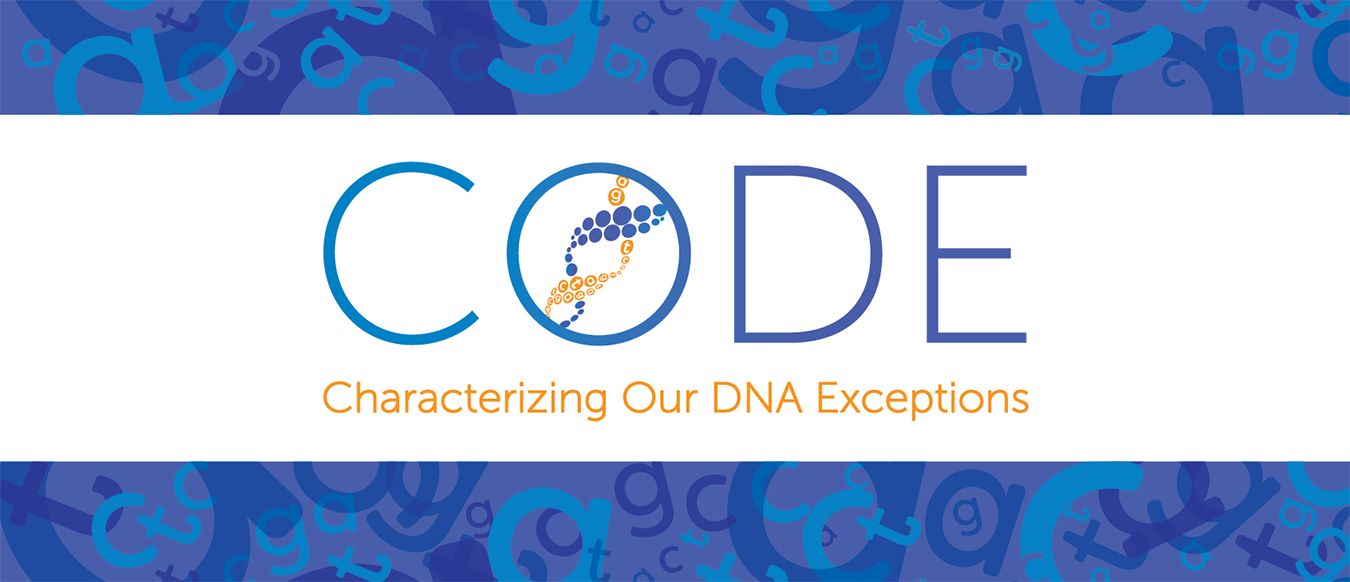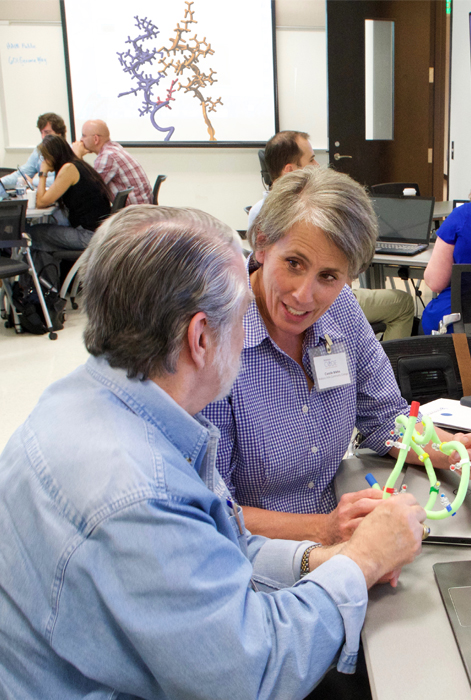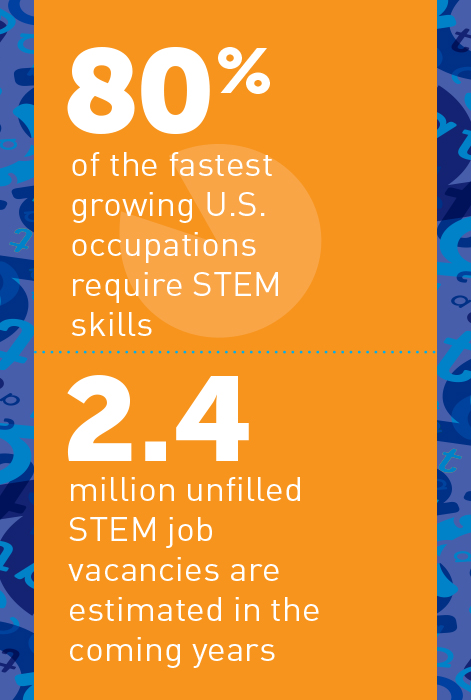
 CODE (Characterizing Our DNA Exceptions) seeks to engage small groups of Alabama undergraduate or graduate students in authentic genomic research. Working with HudsonAlpha researchers and educators in coordination with partner schools, students use computational analyses to determine the biological relevance of DNA changes – known as variants – from patient and agricultural samples.
CODE (Characterizing Our DNA Exceptions) seeks to engage small groups of Alabama undergraduate or graduate students in authentic genomic research. Working with HudsonAlpha researchers and educators in coordination with partner schools, students use computational analyses to determine the biological relevance of DNA changes – known as variants – from patient and agricultural samples.
CODE is currently enrolling two- and four-year colleges across a large portion of Alabama to participate in this research-focused initiative
Colleges and universities interested in participating in CODE can contact Michele Morris, PhD, Project Director, for more information at mmorris@hudsonalpha.org.
 Increasing Undergraduate Access to Authentic Research Experiences
Increasing Undergraduate Access to Authentic Research Experiences
Recognizing that many universities and colleges have very limited budgets for lab-based research, the CODE project focuses on computer-based toolsets that require minimal startup expenses but allow for real and significant contributions to science. A facilitator from each participating school will be trained in the DNA variant analysis pipeline during a two-day workshop, led by HudsonAlpha researchers and educators.
HudsonAlpha will provide facilitators and students with sequence data (gathered from de-identified patient or agricultural samples) along with any relevant background information. A series of online video and print tutorials will support facilitators as they guide students through the analysis pipeline. Students will use publicly available databases and specialized software to examine each DNA variant and its surrounding sequence, align multiple DNA and protein sequences to study evolutionary conservation and structural comparison, and model proteins structure and molecular dynamics. They will use this information to make predictions regarding the functional consequence of the DNA variant. For schools that have basic laboratory equipment, facilitators have the option to combine the computational analyses with biochemical, molecular and physiological techniques to experimentally test a student’s predictions.
Student and faculty participants are invited to attend an annual symposium at HudsonAlpha to share their work, interact with other participating institutions and learn from researchers in the field.
HudsonAlpha seeks to place genomic analysis within the grasp of a wider, more diverse audience. We believe these experiences will lead more Alabama students to complete the STEM workforce pipeline and successfully obtain careers in high demand fields such as genomics, modeling and simulation and informatics.
Find additional information about the HudsonAlpha CODE project here.
CODE is made possible through support from:
The Caring Foundation of Blue Cross and Blue Shield of Alabama


